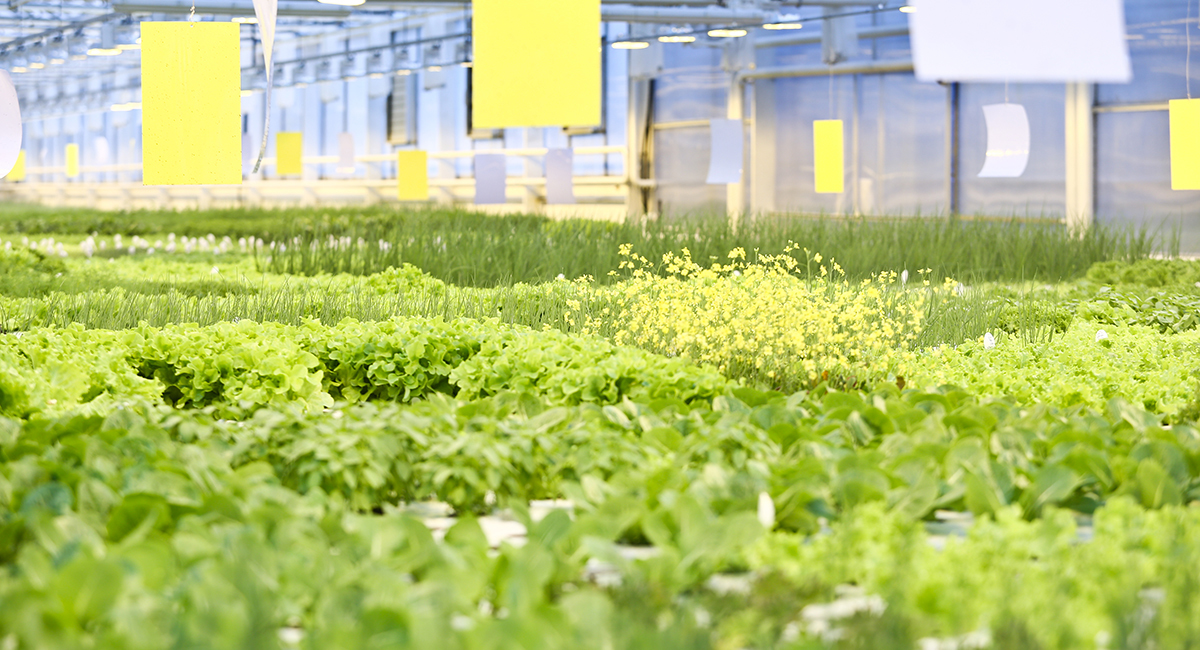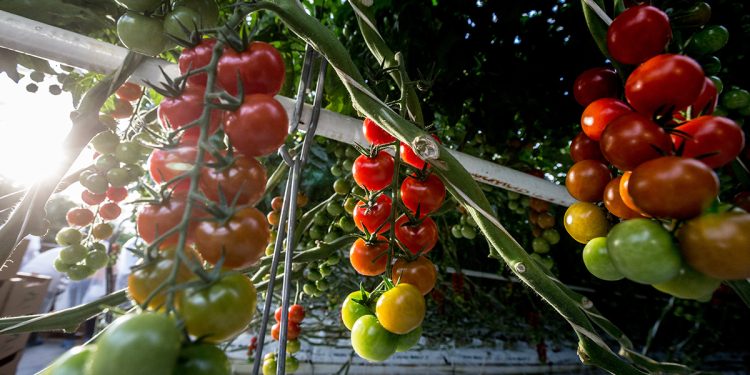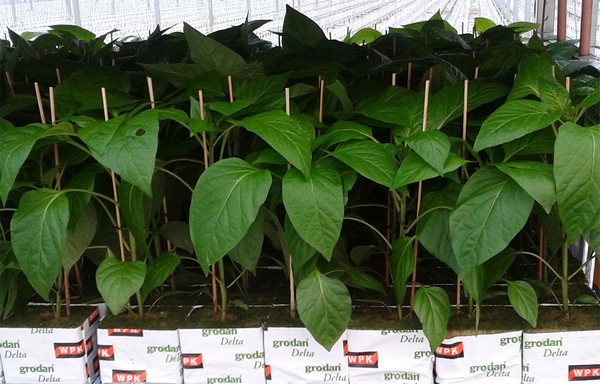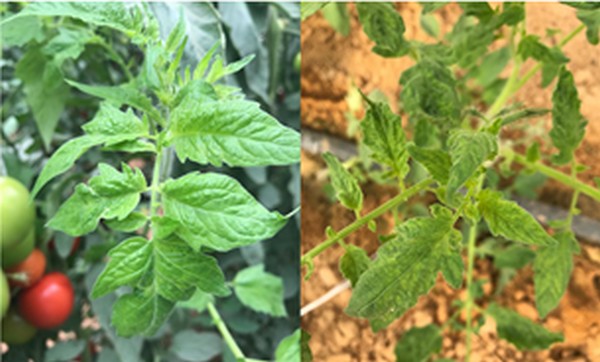Vertical farm with an area of 50 sq. m. m allows you to get 300 kg of greenery monthly.
Innovative technologies of urban agriculture have been practiced in the capital for the last 5 years, growing fresh herbs and vegetables on vertical farms. They are located in warehouse complexes, and Muscovites often do not realize that the eternal June and the sun are in a concrete box. With the help of biotechnologies, exotics can also be grown in the city, for example, edible flowers or crystal grass.
Vertical economy
Biotechnologies for the production of vegetables and herbs in the urban environment are used by companies in Russia and around the world. For example, iFarm grows strawberries on vertical farms and produces technologies for growing fresh herbs, berries and edible flowers indoors all year round. The Italian company Fibonacci sells equipment in Russia for a home agricultural farm that can fit in an ordinary apartment. CityCrop also offers technologies for year-round compact cultivation of greens and vegetables with the concept of vertical walls. Manufacturers promise that the modular approach will save space for seedlings, facilitate the care of plants, and also reduce the risks associated with the human factor.
Technologies for growing salads, berries and vegetables in Russia are used on industrial vertical farms. With the help of a sensor system, special light, climate control using artificial intelligence, a controlled environment with favorable growing conditions for different crops is created for plants.
According to Alexander Lyskovsky, Founder and CEO of iFarm, up to 90% of greens and vegetables in Moscow are not local. This means that the products can be collected unripe, transported for several days, rejected up to 30% and sold in 2-3 days, because it is impossible to store it longer, the respondents say Vedomosti. The city” experts.
“Vertical cultivation makes it possible to produce healthy products locally,” says Lyskovsky. “They are harvested mature when they contain maximum nutrients, and are shipped to store shelves on the same day.” According to him, about 10 vertical farms are functioning in the capital today. They are owned by both independent entrepreneurs and agricultural complexes that strive for year-round production.
For example, a farm using iFarm technology in Moscow supplies about 6.3 tons of fresh salads to restaurants and retail every month, including Azbuka Vkusa, Vkusville, X5 retail group and Yandex.Shop, a representative of the organization said. The Vertical Farms company grows about 250-300 kg of greenery (basil, shoots of vegetable plants and herbs) per month in a room of 50 sq. m.
According to Alexey Aminov, director of the Vertical Farms company, the cultivation technology is quite simple. At the same time, the turnover is fast (1-2 weeks), initial investments are minimal, and the margin is high. Such farms take up little space: it can be a couple of rooms in the basement, a garage or just two racks in the apartment. “If the farm is 50 sq. m. m sow only cucumbers, it will give 500-600 kg of cucumbers per month,” Aminov calculates.
City farming technologies allow you to grow exotic crops, which are in demand in small quantities from restaurants, for example, spicy aromatic herbs, basil varieties with lemon or anise flavors, sorrel, shiso, mustard leaf, crystal grass. “There are products that are difficult to bring from afar, for example, edible flowers. They quickly cease to be fresh, and it is pointless to carry them for more than a day. The only option for the appearance of such products on the market is local ultralocalized production,” says Aminov.

You can’t do without greenhouses
There are no legal obstacles to growing fresh products in the city: there are laboratories in Moscow that issue certificates of conformity. To do this, the products are tested for nitrates and other harmful substances.
At first glance, city farming looks quite attractive. Unlike translucent greenhouses, which, as a rule, are used only 6 months a year, vertical cultivation technology can be used anywhere all year round. Even in Moscow, even in Norilsk. But not all experts positively assess this prospect. According to Sergey Korshunov, Chairman of the Board of the Union of Organic Agriculture, member of the Public Council of the Ministry of Agriculture of the Russian Federation, city farming is unlikely to find special development in Russia, since the agrotechnology of such production is quite expensive due to electricity and technical equipment.
“In the cities of millions, especially in Moscow and St. Petersburg, expensive real estate. It is financially impractical to use it for a city farm,” explains Korshunov. According to him, even products grown on farmland are difficult to sell in such a way as to ensure the profitability of the business. Although it is much cheaper to use land than city farms. An exception may be the northern regions, where, due to climatic features, it is difficult to engage in traditional agriculture, the expert stressed.
Compact technological solutions for individuals and households supporting healthy lifestyle can be developed in Moscow, Korshunov believes. Many citizens grow vegetables in summer cottages, and in winter they move into apartments and grow fresh herbs and salads under artificial light. At the same time, they use high—tech methods and means of production – hydroponics and LEDs. Thus, there is always fresh parsley, lettuce leaves and onions on the table.
The use of city farms can be a promising direction in large cities, where there is a demand for ultra-fresh high-quality products, believes Aminov from the Vertical Farms company. For example, in Moscow, in countries and cities with low electricity costs (Norway), or in the conditions of the North and the Far East, when it is impossible to grow vegetables and herbs in another way.
“The commercial application of urban agriculture technologies is promising, since there is a sales market in the city,” Aminov says. At the same time, city farming will not be able to replace large-scale agriculture in the foreseeable future. Many crops, including cereals, fruits and vegetables, root crops, need large areas, the use of land and solar light energy. At the same time, urban farms are quite capable of supplementing the agricultural products market, the expert summed up.
A source: https://www.vedomosti.ru










